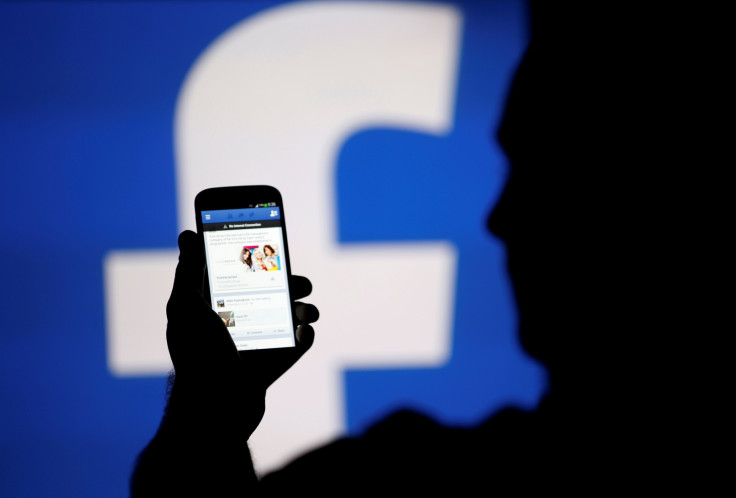Facebook unveils new tools to flag and fight fake news using outside fact-checkers
'We've focused our efforts on the worst of the worst,' the company said.

Facebook is introducing a series of new tools to curb the spread of fake news and remove the "worst of the worst" offenders from its platform, the social media giant said on Thursday (15 December). The social media network will begin flagging fake news stories with the help of users as well as third-party fact-checking organisations.
"We believe in giving people a voice and that we cannot become arbiters of truth ourselves, so we're approaching this problem carefully," Adam Mosseri, Facebook's VP of News Feed wrote in a post. "We've focused our efforts on the worst of the worst, on the clear hoaxes spread by spammers for their own gain, and on engaging both our community and third party organisations."
The company said that it is currently testing several ways to make it easier for its 1.8 billion users to flag a possible false news story on the platform that will then be sent to an outside fact-checking organisation to review and verify.
Facebook is working with five fact-checking organisations — AP, ABC News, FactCheck.org, Snopes and Politifact — to verify the authenticity of these stories. If the organisations identify a story as fake, it will be flagged as "disputed" and accompanied by a link to an article explaining the reasoning for it. Although these "disputed" stories can still be shared by users, they will include a warning, appear lower in the News Feed and cannot be promoted, Facebook said.
The social media company also reiterated its plans to cut off financial incentives for spammers posting fake news and generating revenue through the platform.
"It's important to us that the stories you see on Facebook are authentic and meaningful," Mosseri wrote. "We're excited about this progress, but we know there's more to be done. We're going to keep working on this problem for as long as it takes to get it right."
Facebook has drawn fierce criticism over its fake news problem since Election Day with many arguing that the spread of false news stories and misinformation on the platform may have helped Donald Trump win the White House. Just days after Trump's victory over Democratic rival Hillary Clinton, Zuckerberg said it was "pretty crazy" to think that fake news stories on Facebook could have influenced the election's outcome.
Before the election, some of the faux stories making the rounds on Facebook included one that claimed Pope Francis had endorsed Trump for president and another that a federal agent investigating Hillary Clinton was later found dead.
According to a study released on Thursday, the Pew Research Center found that nearly a quarter of Americans said they have shared a fake news story, either knowingly or later finding out it was fake. About 64% said false news stories cause a lot of confusion about the basic facts of current events and issues.
Chief executive Mark Zuckerberg said that while he maintains Facebook is a technology company, he does recognise that it has a "greater responsibility than just building technology that information flows through."
"While we don't write the news stories you read and share, we also recognize we're more than just a distributor of news," Zuckerberg wrote in a Facebook post on Thursday. "We're a new kind of platform for public discourse — and that means we have a new kind of responsibility to enable people to have the most meaningful conversations, and to build a space where people can be informed."
Many conservatives have already slammed Facebook's latest announcement, voicing concerns that the new fact-checking initiative could be biased and bury legitimate conservative content.
Fact checkers all seem to be from the left. Not good for conservatives https://t.co/mPjgmANWiY
— Evan Siegfried (@evansiegfried) December 15, 2016
If news sites would put some effort into not being biased, there'd be very little demand for alternate sources of news.
— RBe (@RBPundit) December 15, 2016
Do they not get it? Fake News cropped up in response to people feeling like the media AND the fact-checkers weren't being fair.
— RBe (@RBPundit) December 15, 2016
OH HELL NO. Facebook is bringing in Poynter/PolitiFact to police "fake news"? They're INCREDIBLY biased, e.g. https://t.co/d2of5B0VGb https://t.co/qMQayfx8bw
— Mark Hemingway (@Heminator) December 15, 2016
"With any changes we make, we must fight to give all people a voice and resist the path of becoming arbiters of truth ourselves," Zuckerberg said. "I believe we can build a more informed community and uphold these principles."
© Copyright IBTimes 2024. All rights reserved.








